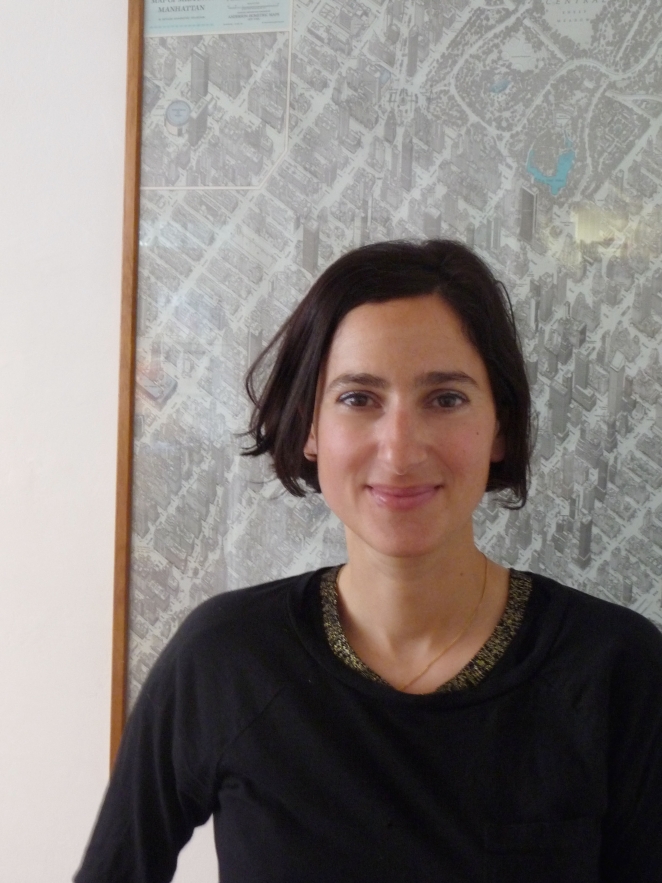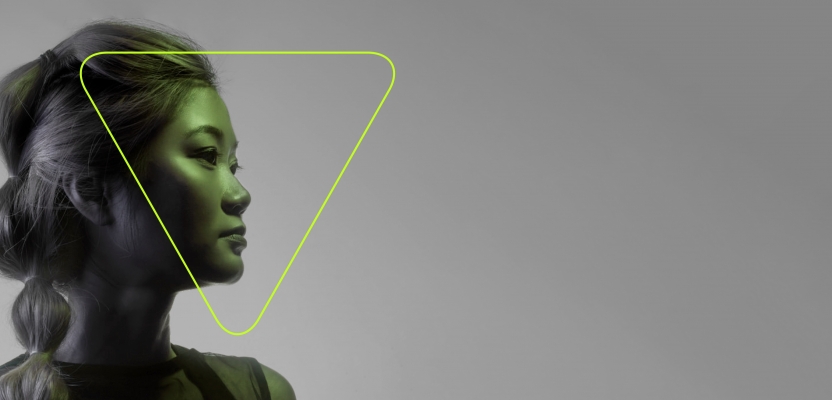A global pandemic makes history in many ways. One is by introducing unprecedented changes in the basic mechanisms of society; another one is by revolutionising the job market.
With remote working becoming a widespread reality, there has been a steady move to freelancing on behalf of talent from all over the advertising industry. Freelancing offers freedom. Freelancing offers new opportunities, creativity, flexibility, and the exciting project of relying on a number of variables which make the creative job much more enjoyable than it already is.
How has Covid changed the work market? To discuss the most recent changes in the workforce, we reached out to Nicky Badenoch, Co-Founder of GENIE, who shared her views on the topic below.

COVID and Gareth Southgate - How working in the Creative Industries has changed and may never go back
The ways of working within the creative industry have undergone seismic change in the last few months. The boat has thoroughly been rocked, and for an industry that’s built on the efforts of freelance workers as its lifeblood - the rocking is more pronounced in this industry than almost any other.
Taking it back a few years, very early on in the birth of GENIE, we sat down as a team and talked about both the good and the bad of freelance.
We agreed on a clear consensus that there was a disconnect between ‘good freelance’ - talent choosing the the freelance way of life to liberate their minds from the shackles of the greasy career pole, and ‘bad freelance’ - the companies who saw freelance as a necessary evil to hit their bottom line, rather than a value add necessary to investing in their collective futures.
This has since changed rapidly, with growing numbers of companies now embracing ‘good freelance’, even those that never had before, and are embracing employing talent in this way - allowing them to live and work on their own terms, without being constricted to the inside of their office walls.
So what changed? Two things.
First up, inevitably - COVID. Undoubtedly, it has forced a fundamental shift in the mindset of companies overnight. Now, instead of wanting to own talent, companies want access to best-in-class talent at the right time.
Our new Chairman, Sir John Hegarty, was onto this almost a decade ago in his first book, Hegarty on Advertising, when he predicted that the best creative talent would no longer be content with spending their days at the same ad shop. And we started to see this mindset from some of the top creative agencies pre-COVID - the likes of Wieden and Kennedy were always able to retain their talent because they were happy to let them be free to explore their passions. But it wasn’t widespread.
Then COVID hit. Companies were forced to let go of the helicopter approach, to trust workers to get the job done from afar. Suddenly, the whole of the workforce had become flexible overnight. With workforces decentralising, and spreading between bathrooms, kitchens and gardens, the realisation from the top is that their creative department is now in fact the whole world.
With this change have come some amazing opportunities. Location, previously a barrier, has become totally destigmatized - and companies can benefit from the time zone difference, with ‘always-on’ creativity. Whilst they sleep, ideas are born, and delivered in time for when they wake up. Global businesses can tap into local culture in a nano-second.
There are some clear benefits for talent, too. Emma Banks is a freelance writer and art-director in our network, who moved from London to work in a Yurt in the Portuguese mountains. We asked her to summarise how her work has changed: “I may be sitting in a yurt having just washed in a river but my mind is far from fluffy. We bring new energy to calls and a pioneering fearless sense of can-do to briefs. My ideas are braver and my mind more open, because ultimately I feel free.“
In short, COVID has forced businesses to let go of the status quo and embrace new ways of working, the effects of which we firmly believe will stick around long past the pesky virus.
Gareth Southgate... A freelancer?
But enough of COVID. Second up on embracing ‘good freelance’, surprisingly, is Gareth Southgate.
Gareth’s enthusiasm to engage football outsiders to help prepare his England team has been well documented - and there is much the creative industry can learn from his strategy. These have included Sir Dave Brailsford, a cycling coach, Colonel Lucy Giles, a college commander at the Sandhurst Military Academy, the Olympic rower Kath Grainger, Manoj Badale, a tech entrepreneur, the rugby coach Stuart Lancaster and David Sheepshanks, mastermind behind the St George's Park national football centre.
As humans we have always drawn comfort from surrounding ourselves with people who think just the same as ourselves, but that inevitably leads to convergent thinking. Creativity often surfaces from ‘the unpattern’, or as David Bowie so aptly put it: “Go a little bit out of your depth. And when you don't feel that your feet are quite touching the bottom, you're just about in the right place to do something exciting.”
Freelancers represent what we like to call ‘fresh eyes’, a diversity of thinking and perspective by virtue of ‘Meraki’ the greek word to describe putting “something of yourself” into what you’re doing, whatever it may be. Talent is a gift, and creative people have multi-personas. From the portfolio-work-you, to the passion-project-you, to the mum-of-3-kids you, to the I-nearly-died giving-birth-you. Everyone has a story to tell, and it’s the combination of those passions and interests which make freelance creative talent so very special.
So what is the main opportunity that comes out of all of this change?
A new type of creative department, that features people of all shapes and sizes, from all walks of life, some on the payroll, some sat in different parts of the world. All connected by technology powered by intuition to know who would be the best person for the brief. Now that’s what we call magic.






